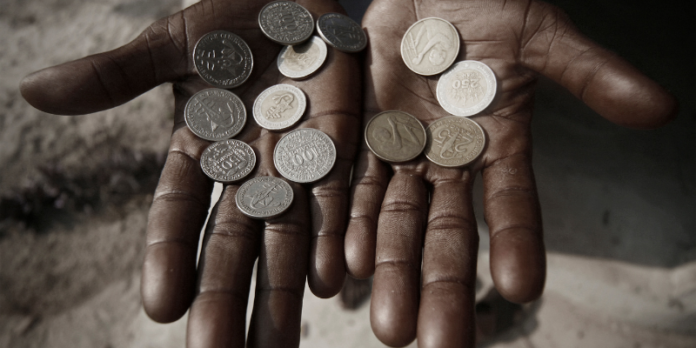Nearly 5 million people in Turkey called a government-operated hotline for aid in 2024, reflecting a deepening poverty crisis affecting an increasing number of citizens, the Birgün daily reported.
The “Alo 144” line operated by the Ministry of Family and Social Affairs provides assistance and information on financial assistance, disability support, food and housing aid and social benefits for widows, orphans and veterans. It is a free service, allowing citizens to inquire about their eligibility for social aid programs and receive guidance on how to apply.
The number of people calling this service in 2014 was nearly 2 million, indicating an exponential growth in the number of people needing government aid.
The ministry reported that as of September 2024 more than 14 million people rely on aid to survive, making up more than 16 percent pf the population. While the government is optimistic that aid has improved the living conditions of those citizens grappling with poverty, economists are more skeptical.
In an earlier interview economist Aziz Çelik said aid programs did not provide sustainable change to eradicate poverty. “Government aid will not eradicate poverty in the long run. This can only be done with better policies to increase job opportunities and better management of public funds for social purposes,” he said.
Economist Özgür Müftüoğlu emphasized that government aid fosters dependency rather than driving systemic change. He argued that instead of expanding aid programs, the government should focus on creating more job opportunities and implementing better policies to integrate people into the workforce.
Deepening poverty, combined with high unemployment, has had a profound impact on the young population, aged 15 to 24.
According to Artıbir Research, an Istanbul-based research center, 21 percent of young people in Turkey are unemployed and actively seeking work, while 40 percent are employed in uninsured jobs. More than half rely on financial support from their families to survive, and the majority of the young population lives on just 300 Turkish lira (approximately $8) a day.
A study conducted on over 2,000 young people revealed that amid worsening poverty and financial struggles, 80 percent reported feeling unhappy, while 70 percent expressed a lack of hope for the future.
These financial hardships have also influenced life choices, with many opting to remain single and avoiding marriage. Most young people expressed indifference to the government’s efforts to promote marriage, such as the Ministry of Family and Social Affairs’ Valentine’s Day post encouraging it.
Many are unable to participate in social activities such as attending concerts, dining out or going to the cinema.
Additionally, young people feel that the government is indifferent to their financial challenges and that these issues are not a priority on the political agenda.
In contrast, deepening poverty has been on the agenda of Turkey’s opposition party. Earlier this month, Ayşe Sibel Yankıömeroğlu from the Republican People’s Party (CHP) submitted a parliamentary proposal to investigate the impact of poverty on minors in Turkey and their living conditions.
She urged Turkish lawmakers to not ignore the problems that come with poverty and to try to find sustainable solutions.









